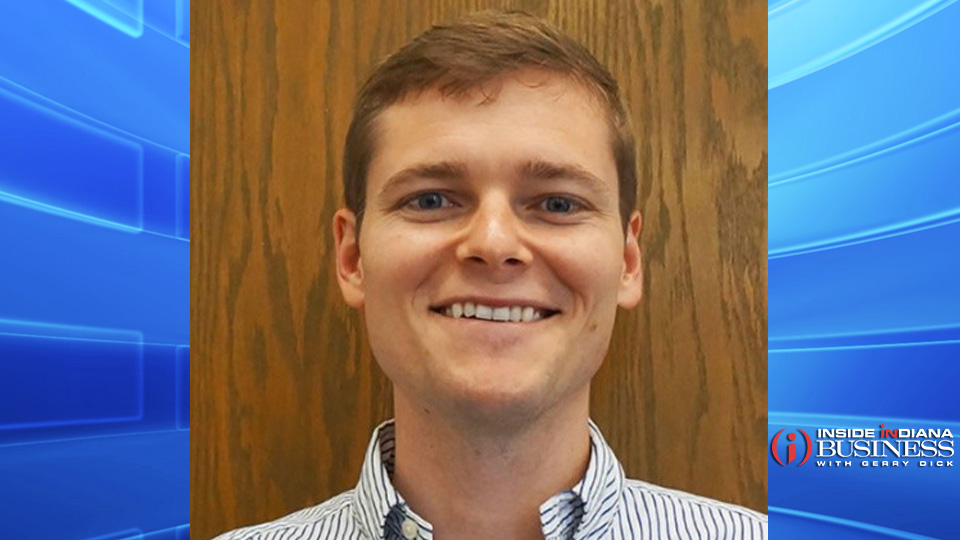Don’t overlook traditional methods to connect with and learn from stakeholders
Subscriber Benefit
As a subscriber you can listen to articles at work, in the car, or while you work out. Subscribe Now
It’s the end of November in Indiana, and you can count on three things. First, 94,000 farmers across the state will be finishing harvesting their crops from nearly 15 million acres of farmland. Second, more than 65,000 high school students from around the world, clad in blue-and-gold jackets, are still buzzing from their time in Indianapolis during the National FFA Convention & Expo. Third, grain producers, livestock producers and other growers are strategizing how to improve upon their results in the years to come.
Here’s another thing you can count on in Indiana; the agriculture sector is among the earliest adopters of new innovations and high-tech tools. Soybean biotechnology reached 80% adoption within 10 years, a rate only surpassed by smartphones within consumer and household technologies. New methods to improve output and sustain air, soil, water and wildlife are being developed here in Indiana. The technology developed by my company, Insignum AgTech, enables plants to use their pigments to talk to growers. For example, our plants turn purple when diseased, sending a signal to farmers to help them sustainably manage infections and improve plant productivity. Innovation is critical to meet the challenges of sustainably feeding and clothing a growing world population, but sometimes traditional practices are best, like when connecting and communicating with stakeholders.
Field days are one of the traditions in agriculture to bring people together so they can learn from each other. These educational gatherings are held on farms and ranches, hosted by producers or sometimes through an agricultural educator collaboration. Farm and ranch management demonstrations highlight the impact of new research methods and tools. For example, a farmer/seed dealer might show 30 varieties of corn to other farmers to compare yield, height, health and more – in person. The largest of field days is the international Farm Progress Show, which connects the leading companies in the agriculture sector with farmers around the globe. This remains a premier place to launch products and excite the industry, like when Solinftec (another Indiana agtech startup) debuted their Solix Sprayer Robot at the 2022 Show.
My own field days were quite a success, bringing farmers, agronomists, investors and representatives from seed companies to plots where Insignum plants were growing. They saw first-hand what the purple “flare” looks like, how the Insignum plants allow growers to react to infections in near-real-time. Most importantly, they could speak with me either as part of the larger group or one-on-one to address their thoughts, suggestions and questions. The results? I learned where their priorities lie and how my innovations aligned with them. I could listen to their questions and address them specifically by engaging in a conversation. Despite communicating with these stakeholders through other means, like virtual calls and presentations, two seed companies agreed to pilot our technology for themselves next year only after seeing our plants for themselves in person.
With health and safety concerns reaching unprecedented heights starting in 2020, it was necessary for businesses to pivot on ways to communicate internally and externally. In-person meetings had to make way for virtual calls, and new opportunities have risen because of them. Even now, I use virtual calls, social media, and other modern channels to run my company, and things are moving strong.
Still, there is nothing like traditional, tried-and-true communication methods to listen to and learn from your key stakeholders. How did you connect before the pandemic forced major changes in how everyone operated? Was the value high enough that you could bring some of them back? Traditional methods of doing business can still be the most rewarding.
Kyle Mohler is founder and Chief Executive Officer of Insignum AgTech.
